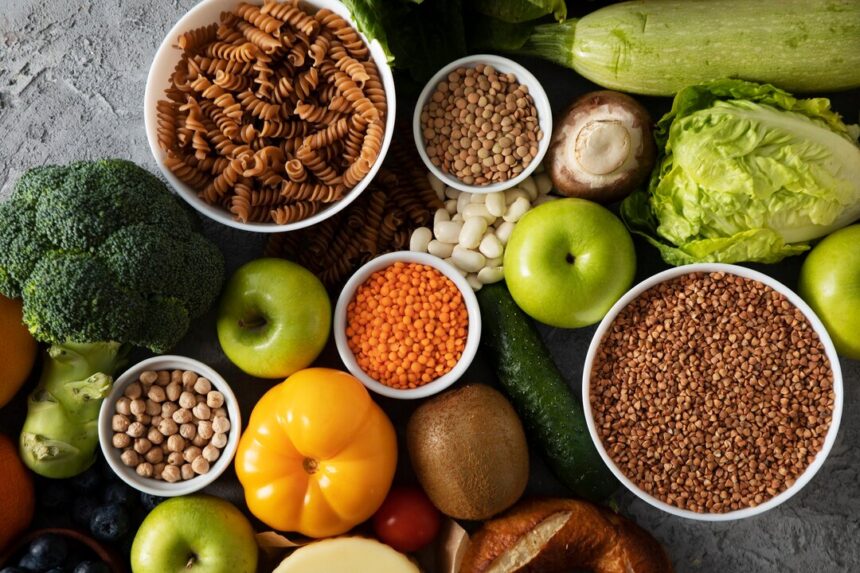Diverticulitis, a condition characterized by inflammation or infection of small pouches (diverticula) in the digestive tract, can cause discomfort and complications if left untreated. While medical intervention is often necessary to manage severe cases, there are several lifestyle changes and self-care strategies that can help alleviate symptoms and prevent flare-ups. Here are 10 ways to effectively manage diverticulitis:
1. High-Fiber Diet:
A diet rich in fiber can help prevent constipation and promote regular bowel movements, reducing the risk of diverticulitis flare-ups. Focus on incorporating high-fiber foods such as fruits, vegetables, whole grains, legumes, and nuts into your daily meals.
2. Hydration:
Drinking an adequate amount of water is essential for maintaining bowel regularity and preventing dehydration, which can exacerbate diverticulitis symptoms. Aim to drink at least 8-10 glasses of water per day, and limit intake of caffeinated and alcoholic beverages, which can contribute to dehydration.
3. Probiotics:
Probiotics, beneficial bacteria found in certain foods and supplements, can help restore balance to the gut microbiota and alleviate symptoms of diverticulitis. Incorporate probiotic-rich foods such as yogurt, kefir, sauerkraut, and kimchi into your diet, or consider taking a probiotic supplement.
4. Low-FODMAP Diet:
For some individuals with diverticulitis, certain types of carbohydrates known as FODMAPs (fermentable oligosaccharides, disaccharides, monosaccharides, and polyols) can trigger symptoms such as bloating, gas, and abdominal pain. Following a low-FODMAP diet under the guidance of a healthcare professional may help alleviate symptoms and improve quality of life.
5. Regular Exercise:
Regular physical activity can help promote healthy digestion, reduce stress, and maintain a healthy weight, all of which are important for managing diverticulitis. Aim for at least 30 minutes of moderate exercise, such as walking, swimming, or cycling, most days of the week.
6. Weight Management:
Being overweight or obese is a risk factor for diverticulitis and can exacerbate symptoms. Maintaining a healthy weight through a balanced diet and regular exercise can help reduce pressure on the digestive tract and decrease the likelihood of diverticulitis flare-ups.
7. Stress Management:
Stress can worsen symptoms of diverticulitis and contribute to inflammation in the digestive tract. Practice stress-reduction techniques such as deep breathing, meditation, yoga, or tai chi to help manage stress and promote relaxation.
8. Avoidance of Trigger Foods:
Certain foods and beverages may trigger symptoms of diverticulitis in some individuals. Common triggers include spicy foods, fried foods, processed foods, dairy products, and caffeine. Pay attention to how your body reacts to different foods and avoid those that worsen symptoms.
9. Medication Management:
In some cases, medications may be prescribed to manage symptoms of diverticulitis, such as pain relievers, anti-inflammatory drugs, antibiotics, and laxatives. Follow your healthcare provider’s recommendations and take medications as directed to effectively manage symptoms.
10. Regular Medical Monitoring:
Regular medical monitoring is essential for individuals with diverticulitis to assess disease progression, monitor symptoms, and adjust treatment as needed. Schedule regular check-ups with your healthcare provider and promptly report any changes in symptoms or new concerns.
Managing diverticulitis requires a multifaceted approach that includes dietary modifications, lifestyle changes, stress management, and medical intervention when necessary. By adopting healthy habits and following these 10 strategies, individuals with diverticulitis can effectively manage symptoms, prevent complications, and improve overall quality of life. Always consult with a healthcare professional for personalized advice and guidance tailored to your specific needs and circumstances.










